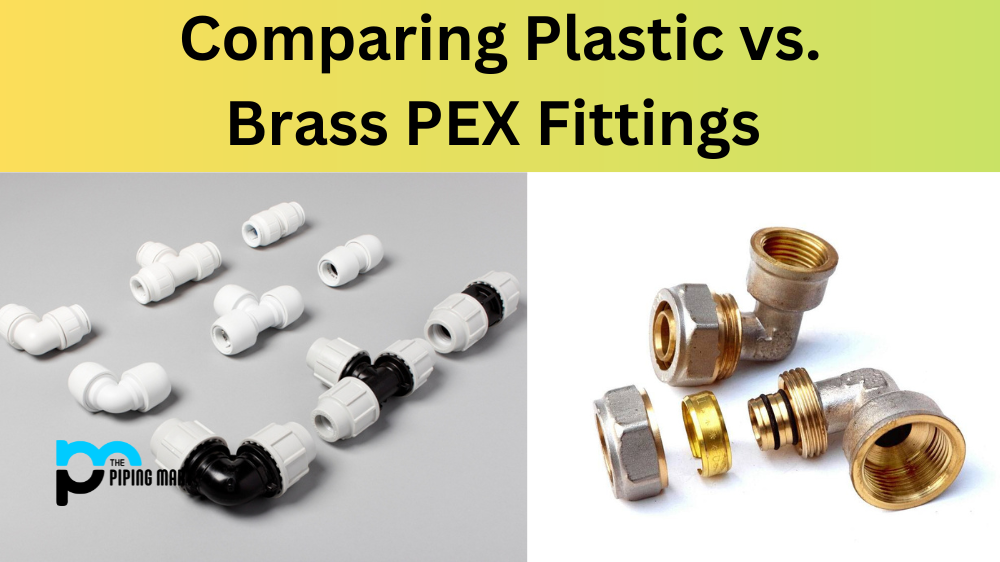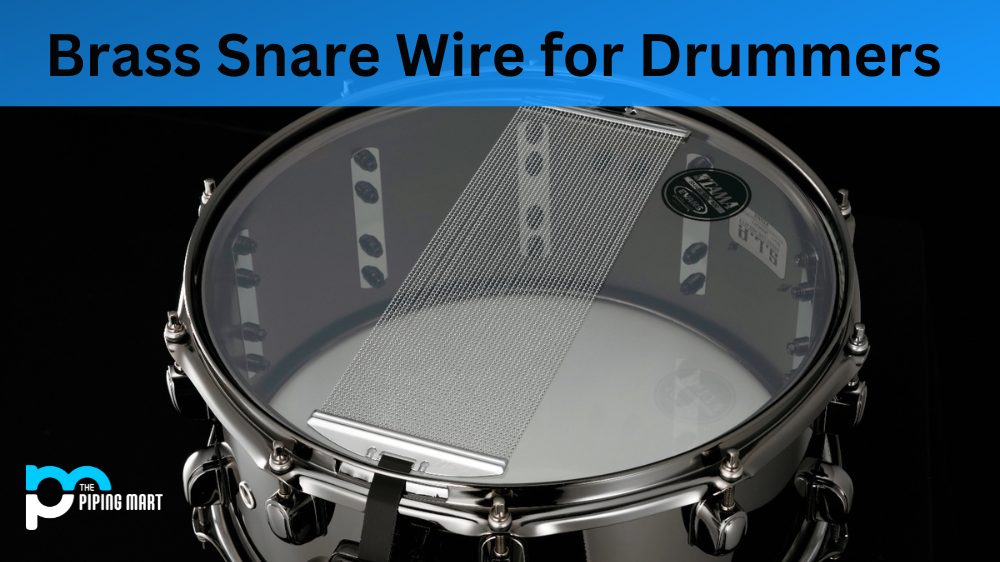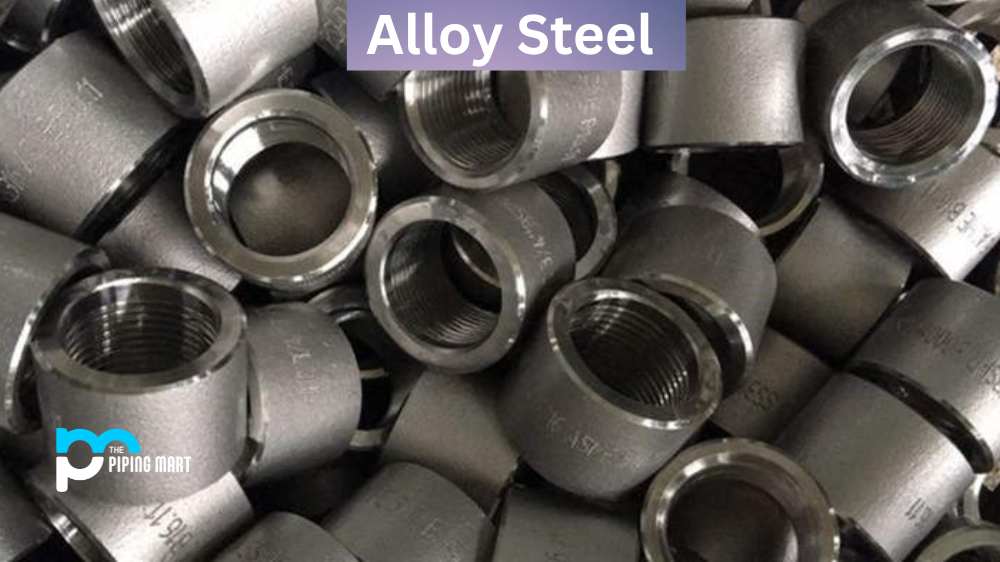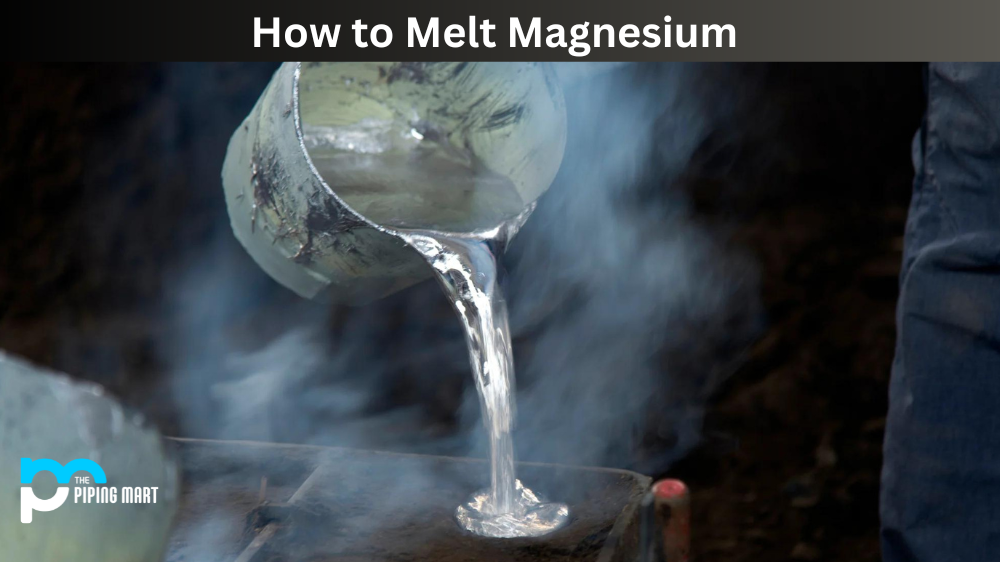Are you looking for the best fittings for your plumbing project, but don’t know the difference between plastic and brass PEX fittings? You’ve come to the right place! In this blog post, we’ll compare and contrast these two materials when it comes to their installation, durability, and cost. Read on to learn more about plastic vs. brass PEX fittings.
Installation
When it comes to installation, plastic fittings have a few advantages over brass fittings. For one thing, they are lighter weight and easier to handle than brass fittings. Additionally, they require less force to tighten than brass fittings do. Finally, plastic fittings are easier to install in tight spaces since they can be fitted around corners without having to bend or twist them too much.
Durability
In terms of durability, brass has a clear advantage over plastic. It is corrosion-resistant and able to withstand high temperatures more effectively than plastic can. It also has an impressive service life—it can last up to 50 years with proper maintenance! On the other hand, plastic is not corrosion-resistant and is prone to cracking if exposed to extreme temperatures or stress from water pressure changes.
Cost
Finally, let’s talk about cost. Generally speaking, plastic fittings are cheaper than brass ones because they are easier and faster to produce in large quantities. However, keep in mind that you may end up spending more money in the long run due to their shorter lifespan compared with brass fittings. So while initial cost may be lower with plastics, you will likely need replacements sooner than with brass parts due their reduced service life expectancy—something that should be taken into account when selecting your plumbing components!
Conclusion:
Plumbing professionals must consider both installation ease and long-term costs when deciding between using plastic or brass PEX fittings for a project. While plastic fixtures offer faster installation times at a lower cost upfront, they tend not have as long of a lifespan as their brass counterparts—making them less of an ideal option for those looking for a longer term solution for their plumbing projects. Ultimately it’s important weigh all factors before making your decision so that you make the best choice for your needs!

Meet Bhavesh, a seasoned blogger with a wealth of knowledge and experience. From metal products manufacturing to retail, Bhavesh has a diverse background in various industries and is dedicated to sharing his insights and expertise with readers.




